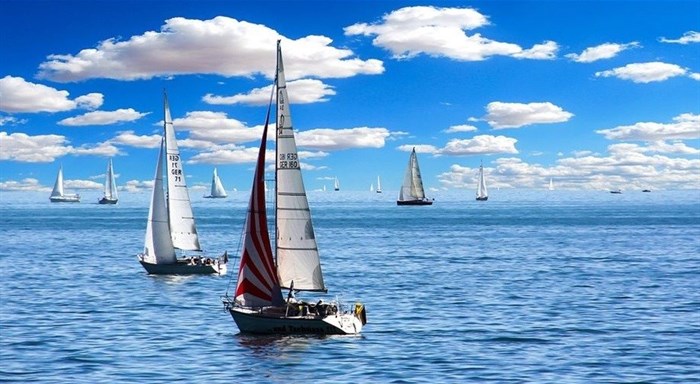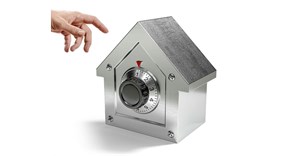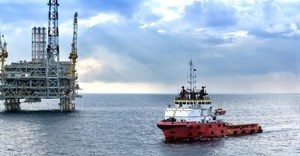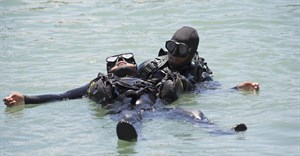Safety tips for boating these holidays

As South Africans head to their holiday destinations for the festive season, SAMSA points out that underaged children are not allowed to navigate a vessel under any circumstances.
Children navigating vessels as well as navigating under the influence of alcohol or drugs are the main causes of boating mishaps on South Africa’s dams and seas.
Imraan Davis, safety inspector at SAMSA, says while sailing accidents do not occur as frequently as road collisions, South Africans heading to dams and the sea for their holiday need to “respect water and the water will respect you”.
The blood alcohol level for navigating a vessel is the same as for road users – 0.05g per 100ml.
Davis says that in addition to ensuring that an unlicensed or inebriated person is not in control of a vessel, boat owners also need to ensure their vessels are licenced and their skipper certificate is in good order.
Water activities
South Africans must also check with local authorities what water activities – skiing, jet skis, diving – are allowed on dams before they engage in them.
“You can only waterski if the local authority allows it. Holidaymakers must also establish what type of water activities are allowed,” says Davis.
He says that there also needs to be an observer on the vessel along with the skipper if it is being used for waterskiing and that the skipper should stop or slow down immediately if the skier falls off and raise his flag to alert other boat users of the skier in the water.
South Africa has several major dams and bodies of water which are magnets for boaters including Vaal, Loskop, Bronkhorstspruit, Hartebeespoort, Club Mykonos and the Knysna Lagoon.
Davis says while there is no speed limit for sailors, skippers should be responsible and obey the rules.
“These rules are in place to ensure the safety of everyone on the water. SAMSA wants everyone to have an enjoyable and safe holiday which is why we are urging anyone who will be spending time on the water this summer to behave in a responsible manner,” he says.
Do’s and don’ts of water safety
These are the do’s and don’ts of water safety:














